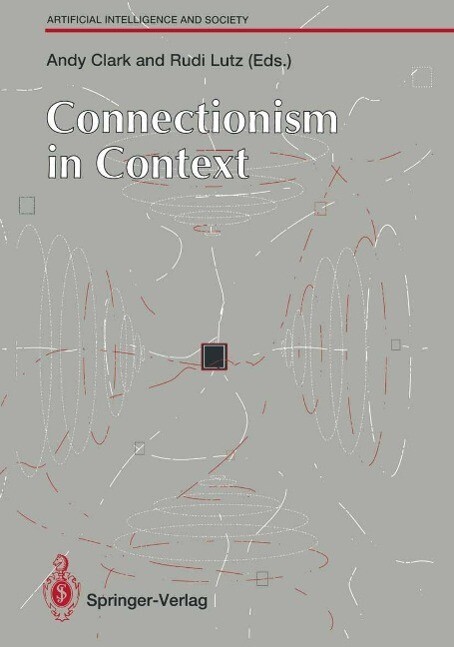Zur Zeit liegt uns keine Inhaltsangabe vor.
Inhaltsverzeichnis
1. Introduction. - Architecture and Properties l. - A Copernican Revolution. - Distributed Representations and Context Dependence. - The Nature of Thought. - 2. Action, Connectionism and Enaction: A Developmental Perspective. - Background. - Symbols, Connectionism and Innate Knowledge. - System Scale and the Control of Action. - Development, Emergence and Enaction. - Conclusion. - 3. Connectionism and Why Fodor and Pylyshyn Are Wrong. - The Case Against Connectionism. - What s Wrong with this Argument. - What s Wrong with this Defence? . - On Behalf of Neural Networks. - 4. Connectionism, Classical Cognitive Science and Experimental Psychology. - Classicism Versus Connectionism. - The Psychological Data. - Theory. - Modelling. - Conclusions. - 5. Connecting Object to Symbol in Modelling Cognition. - Symbol Systems. - The Symbolic Theory of Mind. - The Symbol Grounding Problem. - Neural Nets. - Transducers and Analogue Transformations. - Robotic Capacities: Discrimination and Identification. - Philosophical Objections to Bottom-Up Grounding of Concrete and Abstract Categories. - Categorical Perception and Category-Learning. - Neural Net and CP. - Analogue Constraints on Symbols. - 6 Active Symbols and Internal Models: Towards a Cognitive Connectionism. - Criticisms of Connectionism. - The Active Symbol. - Higher-Level Processes. - Summary and Concluding Remarks. - 7. Thinking Persons and Cognitive Science. - Extending Content. - The Credentials of Cognition. - Consciousness and What It Is Like. - Conceptualized Content and the Structure of Thinking. - Inference and Causal Systernaticity. - Reconstructing the Mind. - 8. A Brief History of Connectionism and Its Psychological Implications. - Connectionist Assumptions in Earlier Psychologies. - Comparisons of Old and New Connectionism. - Conclusions. - 9. Connectionismand Artificial Intelligence as Cognitive Models. - Artificial Intelligence. - Connectionism. - Classical AI and Connectionism. - 10. The Neural Dynamics of Conversational Coherence. - Previous Research. - A Neurally Inspired Model of Coherence. - Some Experimental Results. - How Associative Is Conversation? . - Final on the Purpose of Conversation.










